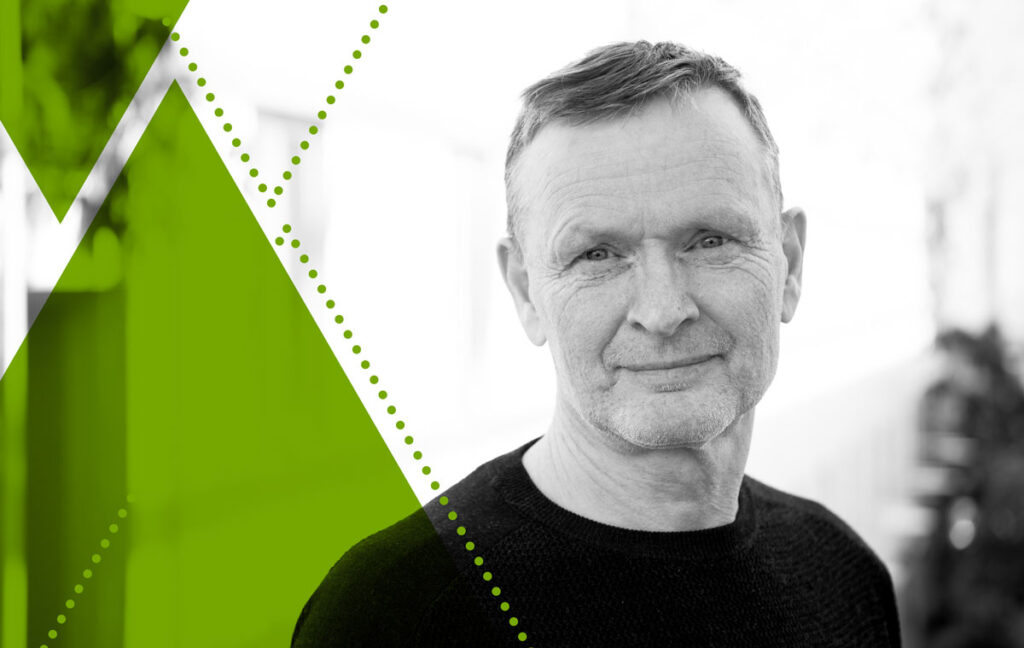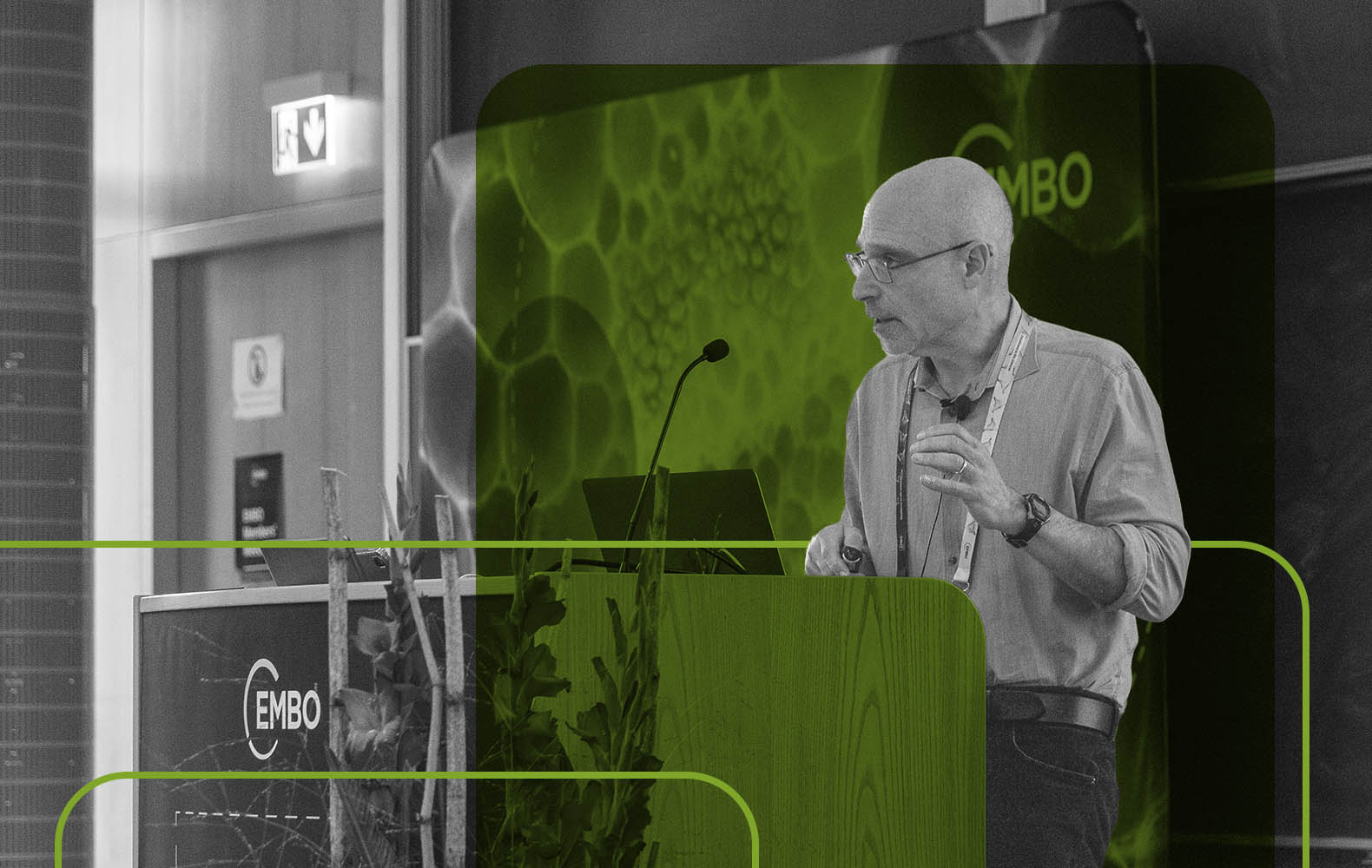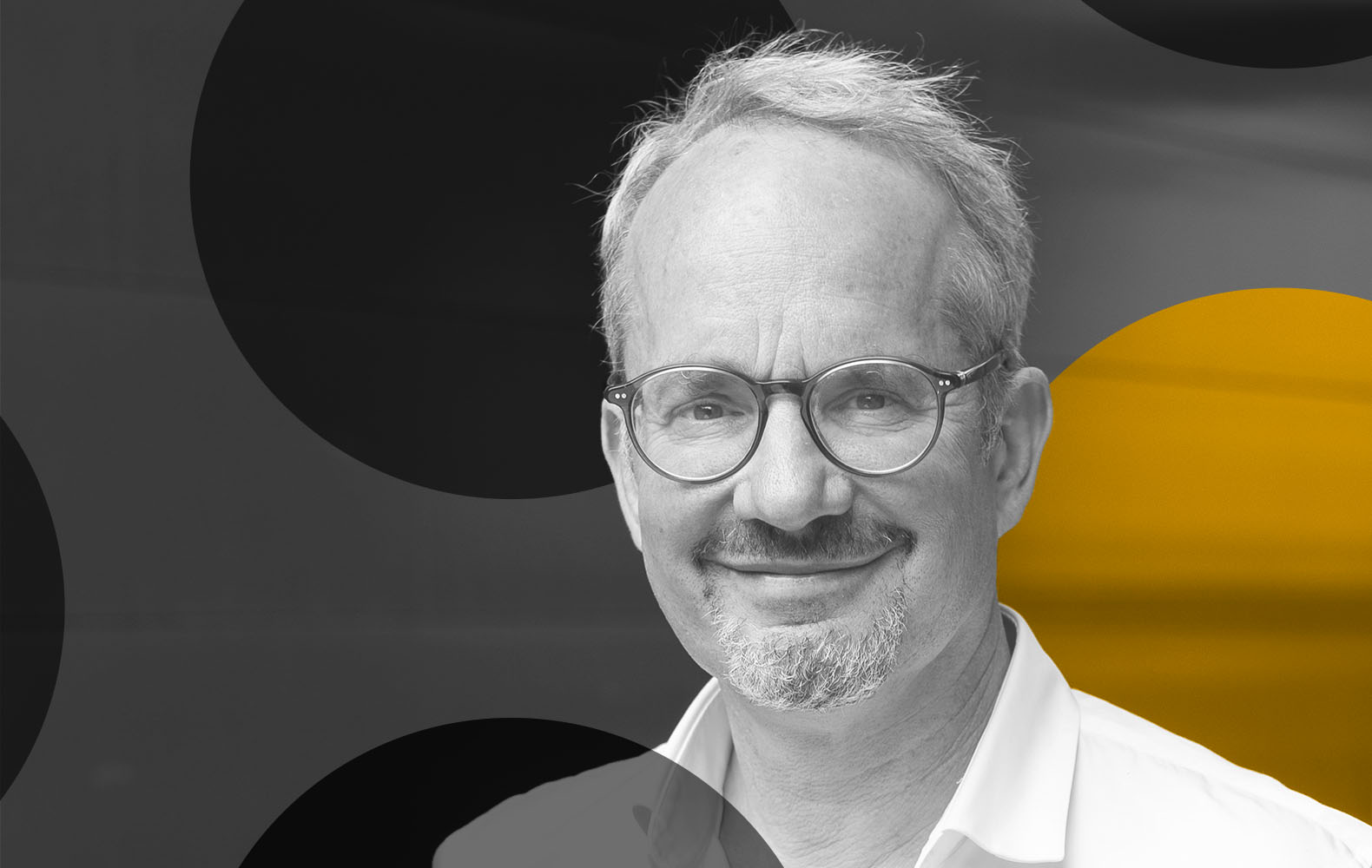Arne Klungland is the inaugural Director of the Centre for Embryology and Healthy Development in Oslo. We talked about his research and where it may lead.
What interested you in genetics?
I have an identical twin brother and we both studied genetics. I think being a twin is one of the reasons we both love genetics. Then, while I was still studying at undergraduate level, I saw the chromosomes of Drosophila – that was amazing! I also had my first visit abroad to Manchester with an EMBO Scientific Exchange Grant (SEG) and realized that science was really international. It was at that point I decided to continue.
What prompted you to spend time at a foreign institute?
During the SEG visit I loved being more in an international environment, so, when I finished my PhD, I went to London for a postdoc for five years to Cambridge, UK, at the Clare Hall laboratories (now part of the Francis Crick Institute). It had people from the whole world including Tomas Lindahl, Steve West and Rick Wood whose papers I had cited when doing my PhD. Awesome! When I returned to Norway in 2001, the country’s research environment had become more global and now we are really international. At my work we have 80 people from 23 different countries.
How has your research evolved?
I started with DNA repair studies, for my PhD and during my postdoc in London, and realized the genes I was researching had a then-unexpected role in RNA dynamic modification and that comes together with epigenetics. I have always been excited about what happens in meiosis and the first few cell divisions. With single cell epi-transcriptomics we can study genetic reprogramming of a single cell. We now understand how genes are reprogrammed in the early embryo but I do not think we will ever fully understand the processes because the more we study, expand our knowledge and shed light on the unknown, the more questions we find we must ask.
When I did my PhD, it took me one year to sequence 60,000 base pairs to get the mutation profile. Today you can easily sequence 60 million base pairs in an afternoon. The development of experimental techniques and technology has been something we could not imagine, and it is hard to see how it can continue to evolve, but I am sure it will. Personally, I would like to simply load one complete cell to a process and get all my answers immediately – all the modifications, all the genes, quantitative and qualitative analysis. That is a very long way to go.
Where might your research lead?
I hope that in five to ten years’ time we have a much better understanding of why often 30 to 70 percent of fertilised eggs die within a few days of development, whether it is in livestock, laboratory animals or humans. I want to understand what goes wrong. We know there can be recombination and chromosome errors, but there are also many other factors. For example, I want to study the first five days of cells fertilized during an IVF process in an incubator as the environment for the cell is very different from inside the body. Of course, we need consent from the parents for experiments like that, and also the eggs donated for research in general have something wrong with them – they do not pass the quality control or they have been too long in the freezer – so we have some limitations.
What will the new Centre for Embryology and Healthy Development (CRESCO) achieve?
I am the inaugural Director, and CRESCO is now recognized as a Norwegian Centre of Excellence which provides stable funding for 10 years. This allows us to work together from basic science to experimental models of embryology, and we have close collaborations with livestock breeding and also with reproductive medicine at the Oslo University Hospital. What we find in our basic research can be transferred much faster to translational and clinically relevant research. The best basic research contributes the most to applied research.
What advice would you give to a young student?
First of all, pursue their wishes! Then make sure at some stage of their career they work abroad and not just for a year but three to five years. After I left London, I had very good connections and interactions with people I met as a postdoc and 25 years later we still collaborate. It is very important to build an international network of collaborators early.
What does election as an EMBO Member mean for you?
My first visit abroad in 1990 was funded by an EMBO grant and I really like it as an organization because it focuses on young people and on providing international opportunities for young researchers. I was very happy to be told of my election!



